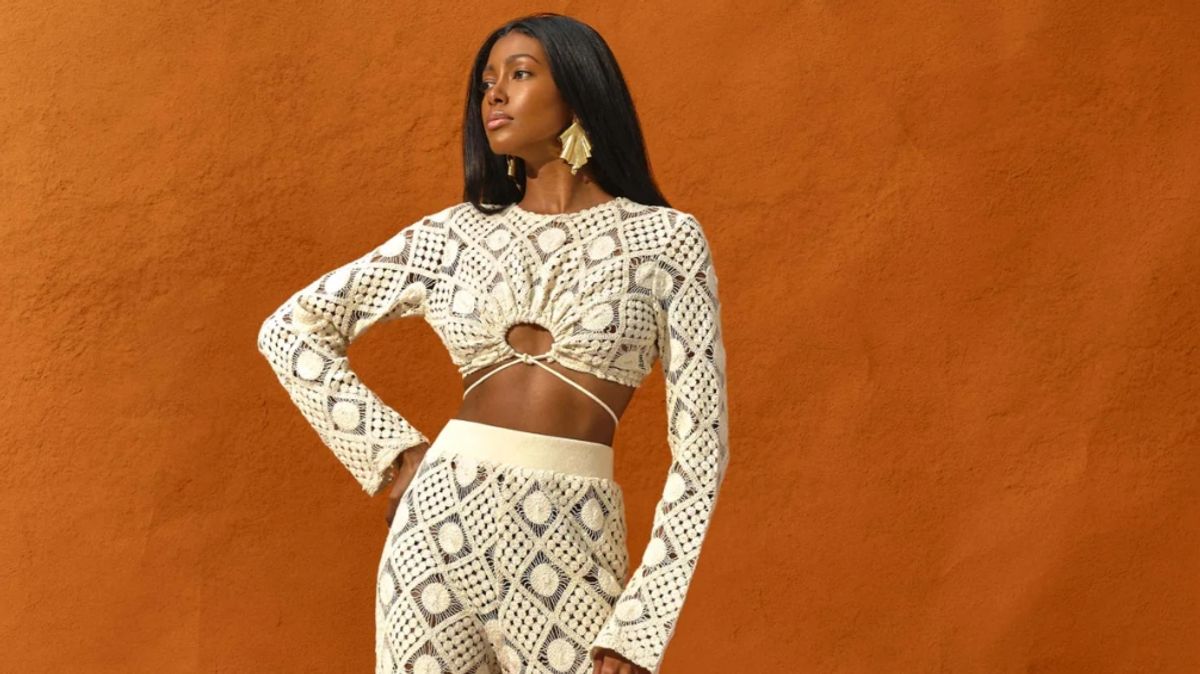
Amid the backdrop of a global pandemic and social upheaval, a quiet but powerful revolution has been taking place. It’s a revolution characterized by resilience, creativity, and the resounding message of empowerment and representation. Black-owned businesses, particularly in the fashion and beauty industry, have been at the forefront of this movement, carving out spaces for themselves and their communities in arenas that have historically overlooked them. Despite accounting for only 3% of all businesses in 2021, the rise of Black-owned fashion and beauty brands such as AMI COLÉ, Bevel, and Telfar is a testament to a changing landscape, one where diversity and inclusivity are not just buzzwords but essential components of business success.
A New Dawn for Black Entrepreneurship
The narrative of Black-owned businesses in the United States is one marked by both significant growth and enduring challenges. According to The Reynolds Center, Black-owned firms witnessed a 23% growth rate between 2017 and 2021. This growth, however, is juxtaposed against the reality of systemic barriers such as redlining and predatory lending, which have historically impeded the progress of Black entrepreneurs. In response, initiatives and policies like Executive Order 13985, signed by President Biden, aim to address these disparities, offering a glimmer of hope and support for these businesses.
Brands like AMI COLÉ, which celebrates ‘melanin-rich skin’ with its beauty products, and Fear of God, a fashion brand that has redefined modern streetwear with its unique aesthetic, are not just businesses. They are beacons of innovation and cultural expression, reflecting the rich heritage and creativity within the Black community. These brands, and others like Black Girl Sunscreen and Buttah Skin, cater to specific beauty and skincare needs of Black consumers, filling a gap in the market that has long been neglected by mainstream brands.
Challenges and Opportunities
Despite the success and visibility of Black-owned brands in the fashion and beauty industries, challenges remain. Access to capital, a crucial factor for any burgeoning business, continues to be a significant hurdle. Black entrepreneurs often face difficulties securing loans and investments, which can stifle growth and innovation. Furthermore, the ongoing effects of the pandemic have disproportionately impacted Black-owned businesses, with many struggling to stay afloat amidst economic uncertainty.
However, these challenges have also sparked a wave of support and solidarity from consumers and allies who recognize the importance of supporting Black-owned businesses. Social media campaigns and platforms dedicated to highlighting Black entrepreneurs have played a pivotal role in bringing these brands to the forefront, helping them gain the recognition and customer base they deserve.
The Path Forward
The rise of Black-owned fashion and beauty brands is more than a trend; it is a movement towards a more inclusive and equitable industry. By addressing the specific needs and preferences of Black consumers, these brands are not only filling a market gap but are also challenging the industry to reconsider its standards of beauty and representation. The success of these businesses serves as a powerful reminder of the economic and cultural impact that Black entrepreneurs can have.
As we look to the future, the continued support and amplification of Black-owned businesses will be crucial in ensuring their sustainability and growth. It is a journey that requires the collective effort of consumers, policymakers, and the business community at large. By embracing diversity and inclusivity, the fashion and beauty industry can become a space where everyone sees themselves reflected, not just as consumers but as creators and innovators shaping the world.
